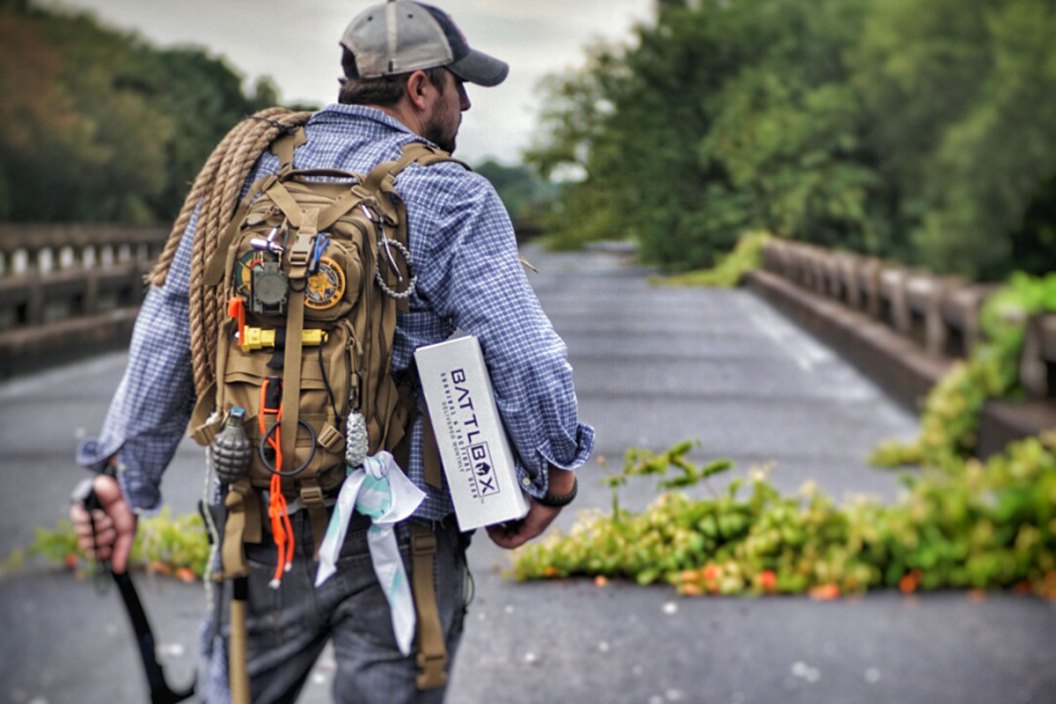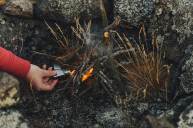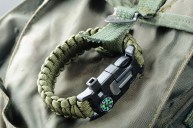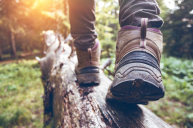Here is a long list of survival items you're likely to have glossed over.
As told by Netflix Original Series "Southern Survival" star Daniel Dabbs
Survivalist plans and strategies are like buying insurance: You aren't sure you'll ever need them, but when you do, thank heavens you took the necessary steps ahead of time.
As the co-founder of BattlBox and host of "Southern Survival," I've been able to devote my career to seeking out the best approaches to emergency and wilderness survival prepping. I wanted to pass on some of those learnings by highlighting the most important things that seem to often be forgotten, neglected, or never even considered in the first place.
These 40 items could be survival gear difference makers if you understand their roles and importance. Do you need every single one? Maybe not. But they'll all benefit folks in an emergency in one way or another, and that's what really matters.
You've almost certainly stashed away a first aid kit, paracord, sleeping bag, survival knife, water purification devices, and fire starting tools, but those are the obvious things. Does your survival kit include these others?
Survival Items
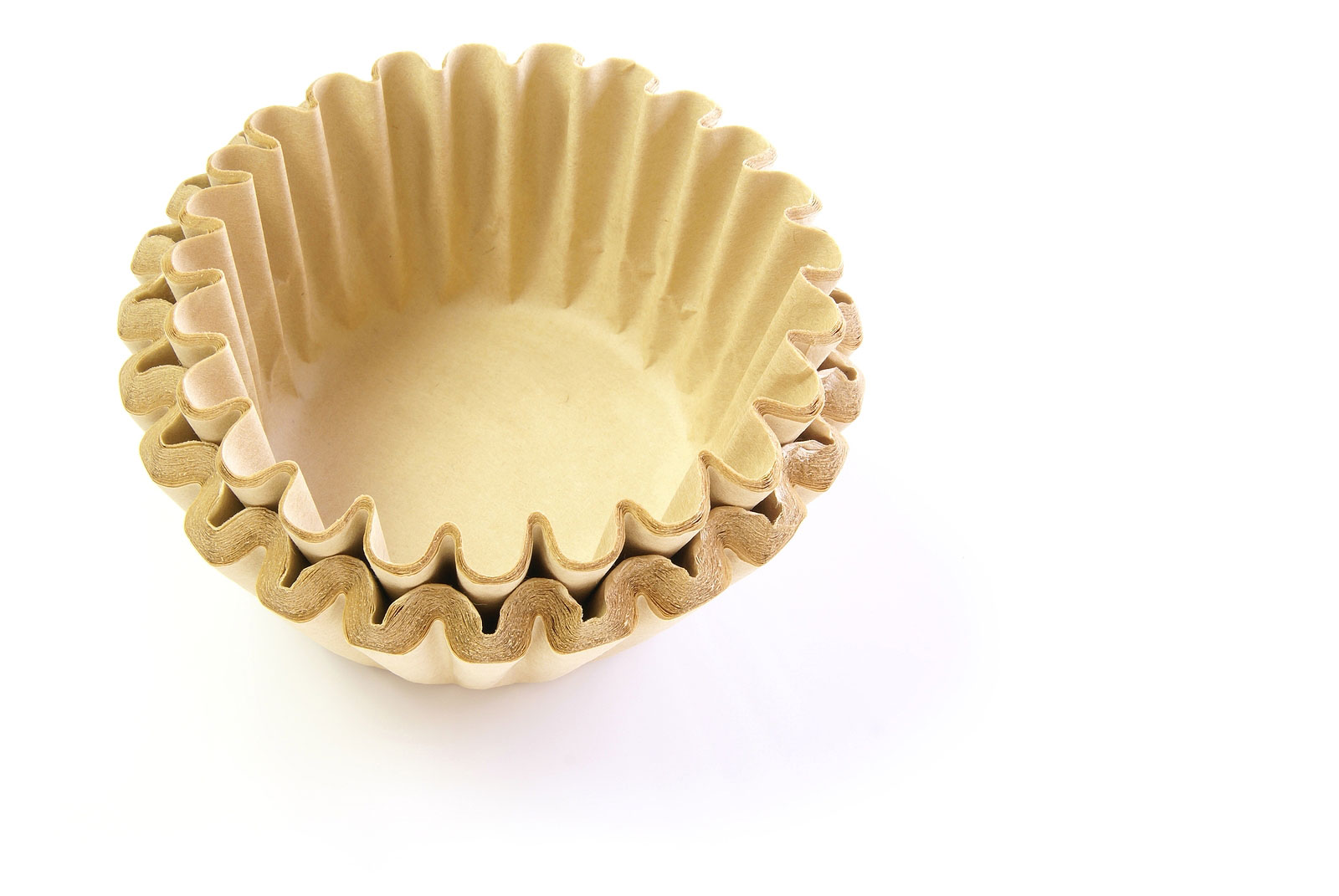
1. Coffee Filters/Coffee - Like duct tape, coffee filters have a variety of uses other than their intended purpose. You can pre-filter your drinking water, cover your survival food from insects, make a dog food bowl, use as a paper towel, clean your glasses, use as TP, or simply... make coffee. To most coffee drinkers, it is a necessity to get the day going, and life isn't the same without it. Coffee can give you the extra boost you need to keep on trucking. Oh, and if you want in on some top-secret insider info... Black Rifle Coffee is my go-to.
2. Large Bag of Salt for Curing/Seasoning - Preserving or curing meat or hides from your harvest requires salt. Salt is also a good source of iodine, and makes most meals a good bit more delicious, rather than bland.
3. Backup Fuel - If you have the capacity to buy a large tank to store a large amount of fuel, you already have a leg up on everyone else around you. When trouble emerges, gas stations QUICKLY run out of fuel. You can rest easy knowing you have enough on hand to sustain for several weeks.
4. Dawn Dish Soap - Nothing cleans better than Dawn when your hands are dirty from changing oil or doing any number of dirty jobs. Keep plenty of this on-hand to get rid of the grime that comes with not having running water. It also works well as a lubricant in a pinch.
5. Flour/Cornmeal - Making biscuits, cornbread or even just plain old hard tack is a good addition to your meal if you can make it. The carbohydrates go as far as protein does when it comes to calories per gram (4) so you feel full and replenished quickly.
6. Yeast - If you ever plan on making bread (not to mention beer, wine, or any other alcohol) for survival, you are going to need some yeast to do so. However, there are ways to extract yeast from fruits, vegetables, and herbs, if you don't have any on hand.
7. Canning Supplies (Sugar, Vinegar, etc.) - Have enough supplies on hand to successfully can whatever it is you want. A water-bath canner or pressure cooker, measuring tools, pickling salts, pectin, a canning funnel, a canning rack, and a jar lifter, are some of the basics, as well as vinegar, sugar, and other ingredients.
8. Canning Jars - "Putting up" vegetables, as we call it in the south, requires canning jars in addition to the other equipment needed above. From okra to tomatoes and damn near anything else you can think of, learning how to can your food for long-term storage is a must.
9. Extra Propane - In my opinion, you can never have too much propane. The best thing to do is try to buy a cheap 250-gallon residential propane tank from your local supplier. If you don't have the room or funds for one of the large tanks, buying a few extra 1-pound tanks from your local retailer every time you stop by is a good practice. They usually cost less than $4 per can and go quickly when disaster strikes. Another option is simply stocking up on your standard 20-pound "grill" type tanks, or even better, a few 30-pound "RV" type tanks.
10. Propane Fill Adapter - If you don't want to buy the small 1-pound propane tanks because you either have a large tank, like the 250-pound one mentioned above, or you have plenty of 20- or 30-pound tanks laying around, this little device can quickly allow you to refill your 1-pound tank you need for your portable camp stove, or your propane lantern. You can just keep 1 or 2 of the 1-pound tanks and swap them out for a fresh one after you refill it with your adapter.
11. Spare Batteries - This sort of goes without saying, but because batteries get used so often, your emergency "stash" probably gets raided often, and isn't quite as up to par as you may think it is. Batteries of all sizes, down to CR2032 for your rifle scopes, all the way up a spare 12v for your vehicle, boat, or other bug out vehicle, need to be stored for an emergency.
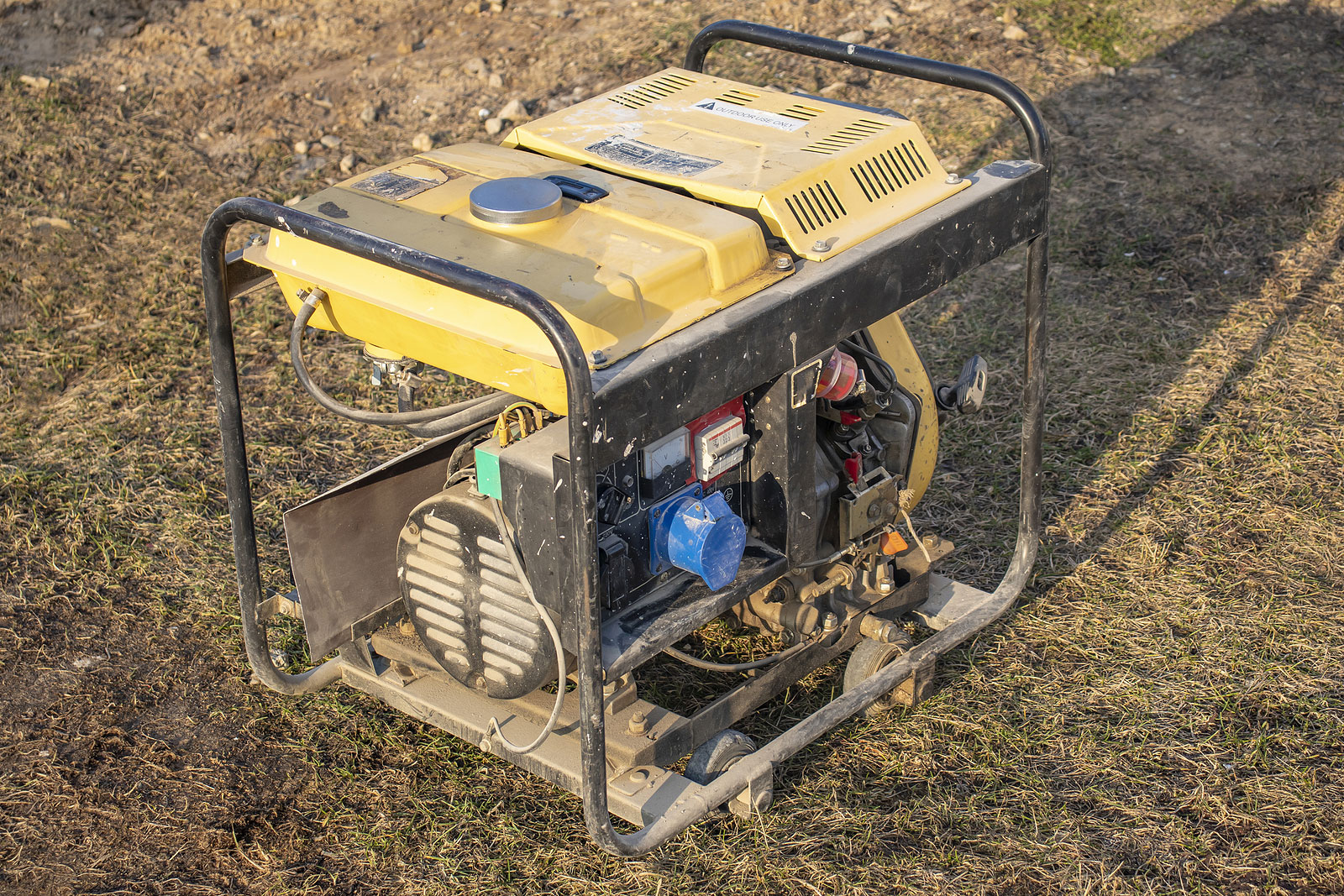
12. Generator - A generator is your lifeblood when the lights go out. Even if it is for a temporary situation it can be essential. We recently endured Hurricane Matthew here in coastal Georgia, and my father-in-law went seven full days without power being restored. Having generators to run refrigerators/freezers, stoves, microwaves, lights, and cell phone chargers is a convenient way to make it through the tough times.
13. Evacuation Plan/Bug Out Location - It is EXTREMELY important to have a bugout plan and for every family member to familiarize themselves with it. Just like having emergency drills in school to practice for tornadoes, hurricanes, or active shooter scenarios, home drills on your evac plan need to be done at least twice a year and updated at least once a year. These plans should be relatively easy to understand, but should also be as complex as your family can handle. For example, having different plans for different scenarios, such as nuclear fallout or a tornado, is especially important. There are obviously very different steps needed to prepare for both of these situations. Having multiple destinations, in the event your main place is occupied or compromised, is something to consider. How quickly can you effectively "bug out" with your family and gear in tow? Each person's plan is different, but having one could be the difference between death and survival.
14. Extra Prescriptions - If you have health problems that require medicine, make sure you stock up on some extra for when SHTF. I'm not supposed to say this, but in an EMERGENCY, you can still take MOST expired medications. Maximum efficacy, or ability to produce the desired effect, may be reduced, but most should still work to some extent. Some exemptions include nitroglycerin, insulin, and liquid antibiotics.
15. Powdered Milk - For one, milk is a great source of Vitamins A, B, C, D, and E, as well as Calcium, Potassium, and Protein. It also helps make cheese, butter, sauces and gravies. That will help your emergency food stash taste a little better, but most importantly it makes for great creamer for your coffee!
16. Grid Down Communications - From weather radios to satellite phones to HAM, having an alternative way to receive/send information or communicate with your crew is essential when standard comms go down. Make sure you have a backup plan with one of these devices.
17. Extra Oil for Generator and Vehicles - Any internal combustion engine can't function without two things: fuel and oil. We've already covered fuel, so make sure you have enough oil on hand to keep your generators, vehicles, chainsaws, and whatever else you may need running smooth.
18. Emergency Meals - Again, this may seem like a no-brainer, but MOST people do not have an emergency meal plan for their household. Stock up on as much as you think is necessary. My personal belief is you can't have too much. Buying this in small quantities to build up a large cache over time is relatively cheap, and really easy to do.
19. Rain Gear - Frogg Togg ponchos, rain boots, umbrellas, waterproof socks...you should have all of these in the appropriate sizes for everyone in your family. If you have to bug out during wet conditions or need to work on your vehicle, generator, or well during a storm, you'll be more than ready with this in your survival pack.
20. Sandbags - Sandbags actually come in handy for those times when an abnormal downpour can be damaging to the inside of your home. A flood can be costly, especially if you are uninsured for floods because you are not in a flood zone. These are multi-use items, perfect such as rifle rests, covering windows, building bunkers, etc. Or you can just let your kid build sandcastles so they stop bugging you.
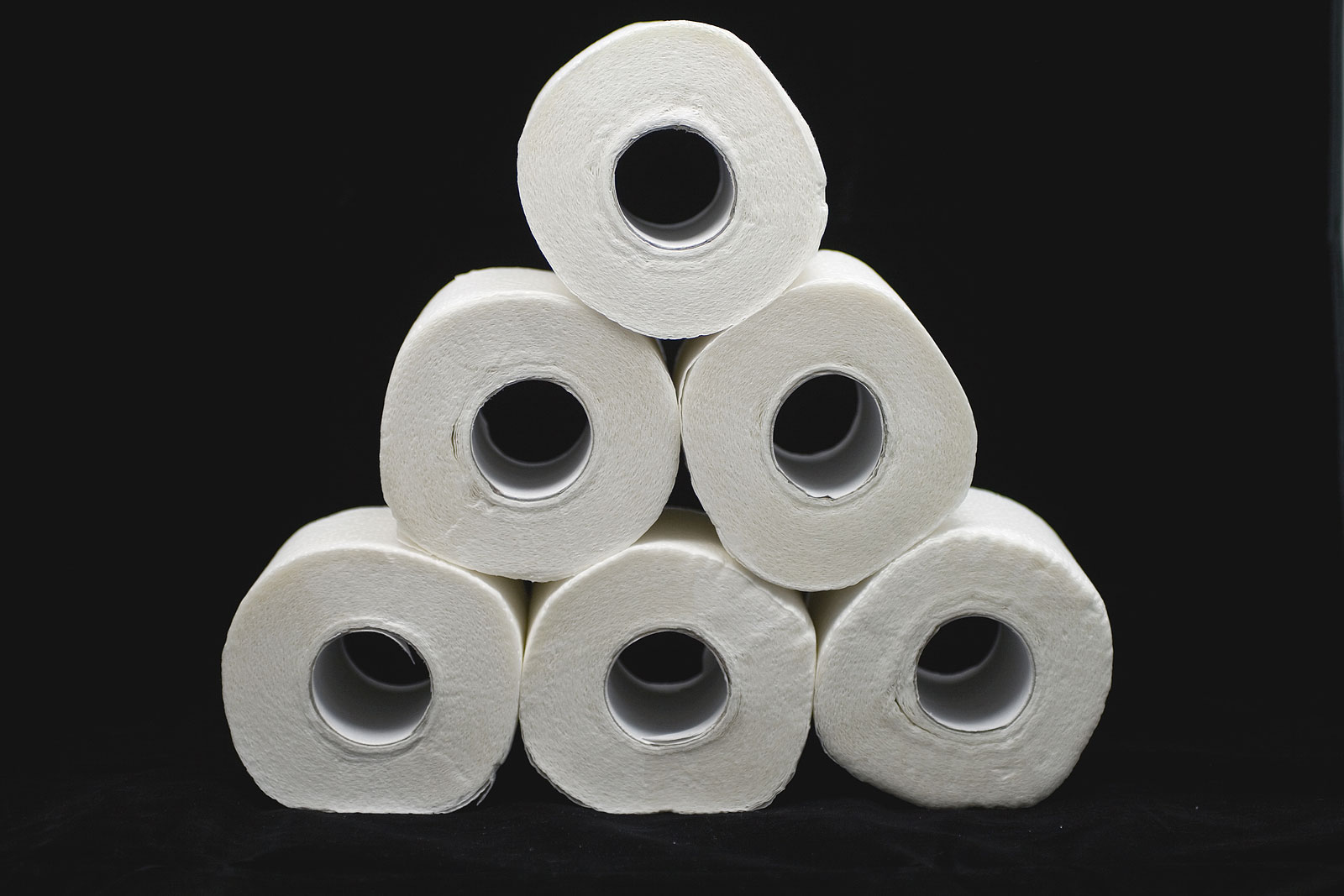
21. Extra Toilet Paper/Paper Towels - Stash this stuff away and you won't regret it. For less than $50, you can buy extra toilet paper and paper towels that will last you a solid month if you find yourself in such a situation. Again, in an emergency situation, most stores run out of these items pretty quickly.
22. Extra Phone Chargers - Today's phone chargers and cables don't seem to last extremely long. Make sure you have an extra or two so you can keep a charge ready when cell service comes back.
23. WaterBOB - I have had the misfortune of needing to use these in a true survival situation, and they do a great job. Of course, you can just fill your tub with water, but that's not the most sanitary approach. This device keeps things a little cleaner and comes with a great hand siphon. Because we use well water in our home, our running water stops when the power goes out. Keeping a WaterBOB in the tub means we can still cook on our propane stoves, flush toilets, brush our teeth, wash our bodies, and have clean drinking water for a REALLY long time. It holds 100 gallons and works extremely well if you have enough time to fill it prior to a SHTF situation.
24. Fuel Siphon - When your generators and other devices run out of fuel, you may need to steal some from your vehicle or an abandoned vehicle on the side of the road.
25. Liquid Gasket - This stuff works as a great sealant for leaks on your home or vehicle, and can buy you enough time to either work on a permanent fix or simply get where you need to go.
26. Starting Fluid - Stubborn engines sometimes need a quick blast to get them started. I keep a can of this in every boat, and near every 2-stroke motor I own. Also, it is highly flammable. We have also used it to reseal a bead on a flat tire in a pinch when you need it.
27. Fuses - Something as simple as a blown fuse can certainly ruin your day. Make sure you keep spares for all of your vehicles and other power equipment. Keep a wide assortment handy, and I promise you'll thank me one day.
28. Feminine Hygiene Supplies - Just trust me. You don't want your wife to run out of this stuff. Mother Nature doesn't put anything on hold, so buy it in bulk and put it on the shelf.
29. Strong Padlocks and Chains - When SHTF, the unprepared will come looking to steal your stuff. Having the ability to lock things up may mean that they just move on to find something easier to grab.
30. Bolt Cutters - If you lose your keys for the above, need to cut chain to length, break through a fence, or even if some barbed wire stands between you and your escape route, a pair of heavy duty bolt cutters is a great tool to have in your arsenal.
31. Plastic Sheeting/Tarps - There are so many uses for these. If you live in an area prone to heavy rains, wind, or hurricanes, these items are priceless when a stray branch or entire tree makes its way through your roof or window.
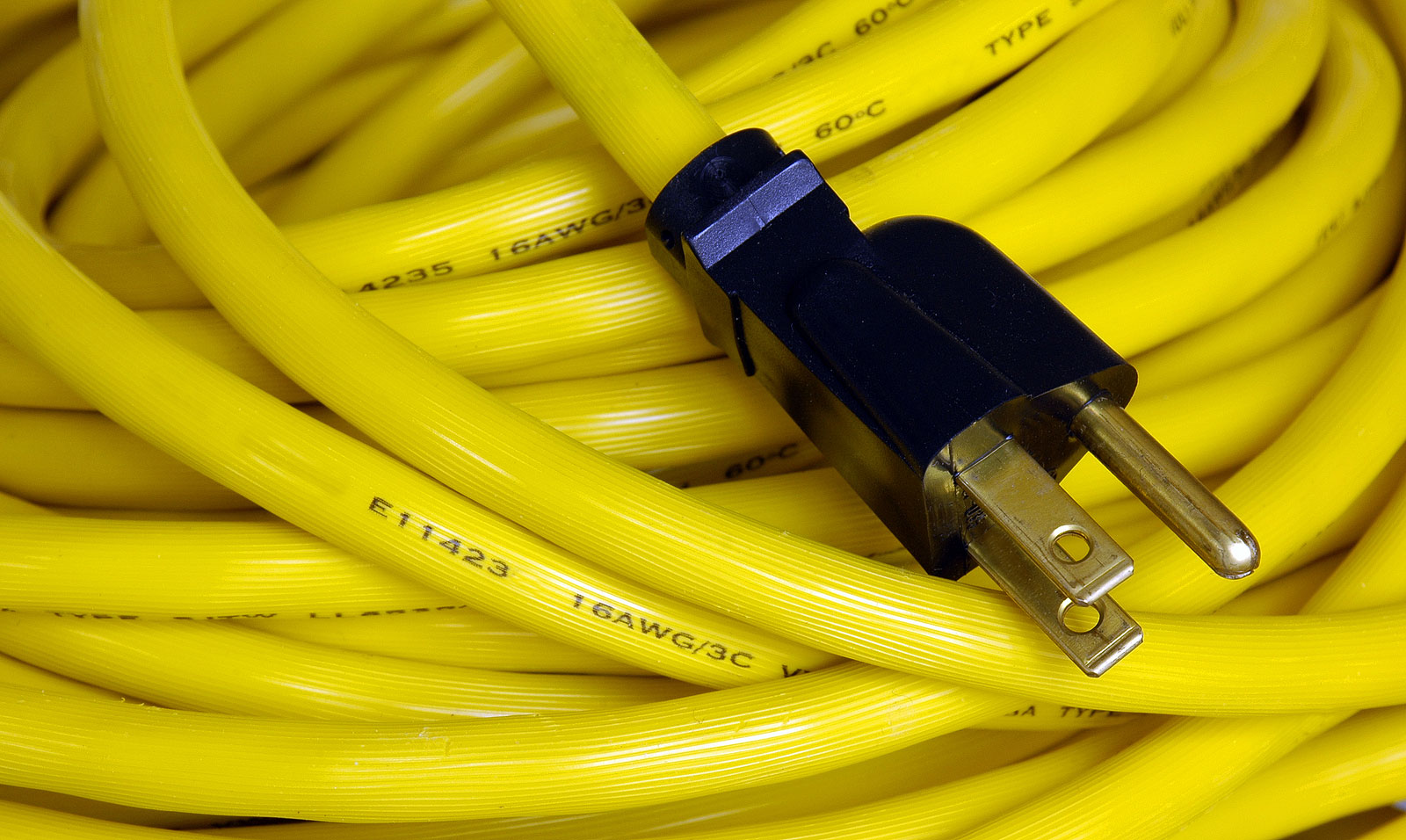
32. Extra Extension Cords/Power Strips - Having enough cords on hand to power the essential electronics in your home is a must. Generators cannot be run indoors, therefore your extension cords need to reach from wherever the best covered, outdoor area is for your generator all the way inside to your devices.
33. Extra Shoes/Boots - When you start to put a lot of miles on your footwear, especially in harsh conditions, they will wear out really fast. Having a backup is essential to staying on course.
34. Shoe Goo - This is a great item to have for quick field repair of the damaged soles on your shoes or boots.
35. Maps of Your Area - If your evacuation route is congested, you may need to find an alternate route. If you are traveling and need to find a water source, a map can point you in the right direction. Don't leave home without a map of where you live or where you are going. And you shouldn't count on your smartphone's map in a time of need, so invest in good old fashioned paper ones.
36. Spray paint - You may need to leave your family or friends a note or let them know what has happened or where you have gone. If you need to get their attention, a can of bright orange or red spray paint on a driveway or door will get the job done quickly.
37. Plywood - Hurricane Matthew created local pandemonium where I live, and the last thing I wanted to do was to try and lug around a few sheets of plywood from my local hardware store. In addition, it sells out really fast, as most people need several sheets for their home. Having this on hand (pre-cut and ready to install) is the way to go when the weather turns bad.
38. Cash - Having cash on hand seems like a no-brainer, but you'd be surprised how many people don't, and also how quickly it runs out. Keep no less than $500 in various-sized bills in a safe you can get to easily. When internet is out and the power is down, most places cannot accept debit or credit cards. Also, if you only have large bills, most places can't make change during times of crisis. If your propane costs $20, but all you have on you is a $50 bill... you just paid $30 more for your propane.
39. Spare Lantern Mantles - You can never have enough high-quality mantles and they don't cost much to buy extra. When the power goes out your propane lantern will put out enough light to nearly light up 1000 square feet. Make sure you have extra mantles to keep it running.
40. Come-A-Long Winch - We have used these for a ton of different reasons, from fixing a broken garage, to pulling a broken-down lawn mower up on to a trailer. The most practical uses for survival, however, are moving large trees from blocking the road or retrieving stuck vehicles from the mud or other sticky situations. See what I did there?!
All in all, these 40 things represent a huge advantage in your emergency preparedness, whether you're facing natural disasters, power down situations, or something else entirely. They are all relatively practical, easy enough to obtain, and will give you the peace of mind required to go about your daily life without worrying about "What if...?" scenarios.
NEXT: DOOMSDAY PREPPERS: THE TV SHOW ABOUT UBER SURVIVALISTS
WATCH
